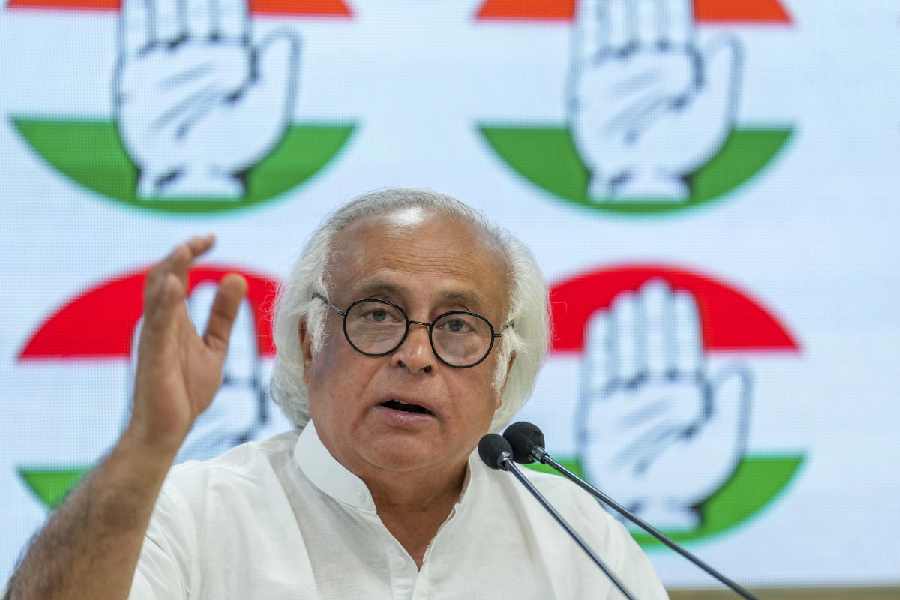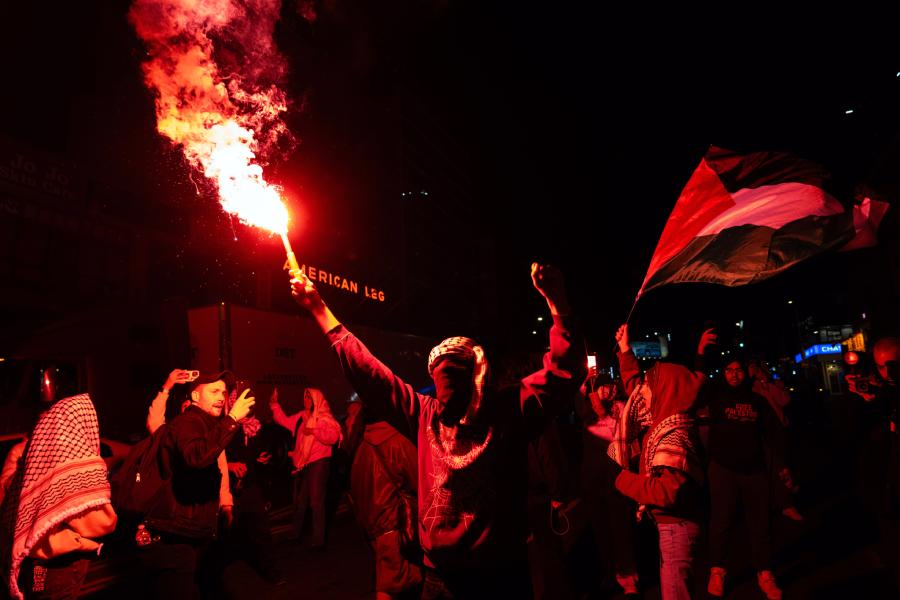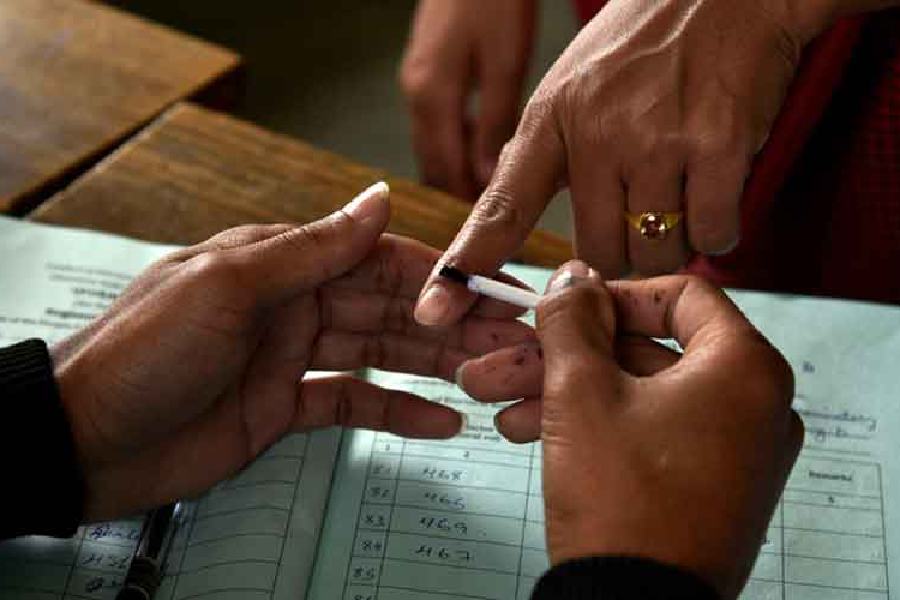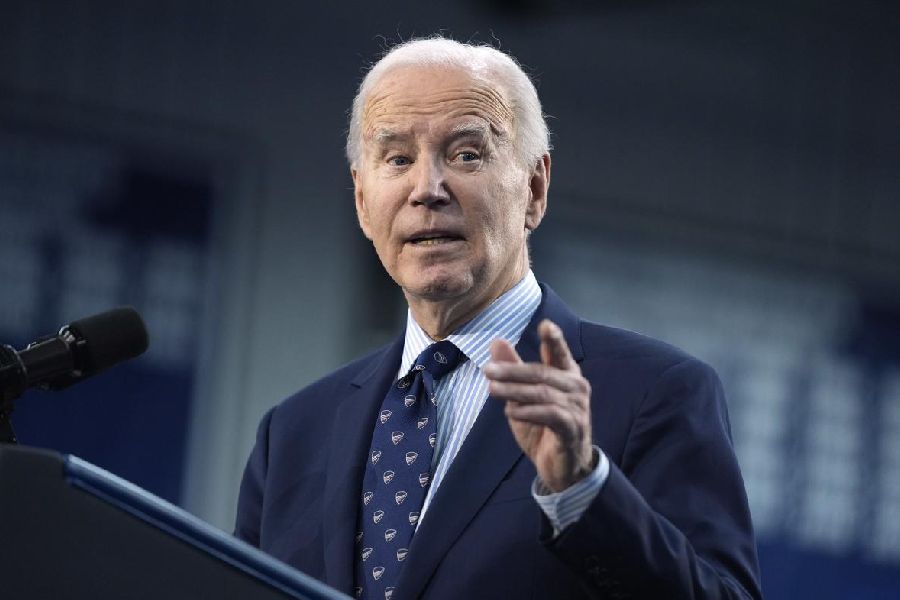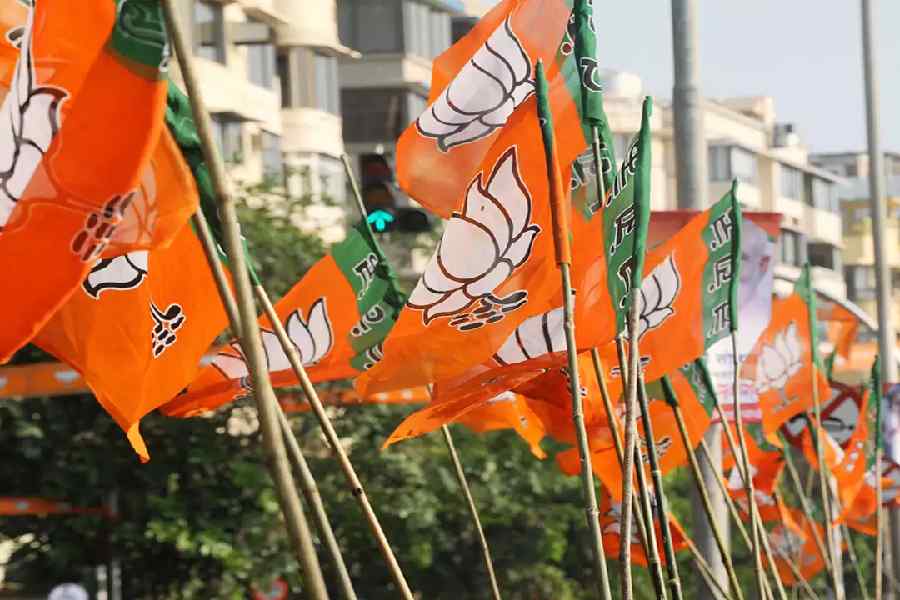 |
New Delhi, Aug. 24: The Nobel Foundation has invited foreign minister Salman Khurshid to its December 10 award ceremony in Stockholm in an unprecedented tribute to Rabindranath Tagore exactly 100 years to the day he won the Nobel Prize in Literature.
Tagore was declared the awardee-designate on November 13, 1913, and the prize was officially conferred on him on December 10 that year.
The Foundation, which has administered the Nobel Prizes since they were first awarded in 1901, has never before invited individual governments or their ministers to the award ceremony the way it has invited India this time.
Traditionally, local missions represent their countries unless a serving government leader, such as US President Barack Obama in 2009, is the recipient of a Nobel.
But the centenary of Tagore’s award, senior Swedish and Indian diplomats have told The Telegraph, was picked for a rare celebration because he was the first non-European to win the Literature Nobel. Tagore was also the first Asian to win any Nobel.
“The Swedish government has endorsed this decision by the Nobel Foundation and we look forward to hosting foreign minister Khurshid in Stockholm this December,” Dag Sjoogren, the first secretary (political) at the Swedish embassy here, told this newspaper. “We are also hoping for a bilateral meeting on the sidelines.”
Sweden’s ambassador to India, Harald Sandberg, credited widely by Indian diplomats with helping strengthen bilateral ties during his now year-old tenure, is currently in Stockholm where he will be preparing for Khurshid’s visit.
But it isn’t only in Stockholm that Sweden is planning to celebrate the centenary of Tagore’s award.
The embassy here is also tying up with the Calcutta Metro to establish “Nobel Walls” — walls that will serve as tributes to India’s Nobel laureates — at three city stations that boast major footfall and are in neighbourhoods with a Tagore connect.
One of the three Nobel Walls will be made a permanent fixture. The embassy is also setting up similar Nobel Walls at Delhi Metro stations, the officials said.
Tagore, physicists C.V. Raman and Subramanyam Chandrasekhar, geneticist Hargobind Khorana, Mother Teresa, economist Amartya Sen and chemistry Nobel winner Venkatraman Ramakrishnan are the seven Indian Nobel laureates who will be featured on the walls — though some modern historians argue that Indian-origin British author V.S. Naipaul, and India-born British writer Rudyard Kipling and scientist Ronald Ross should also be considered “Indian”.
Sweden will also hold a series of cultural events in Calcutta on October 25 and October 26 coinciding with the announcement of the 2013 Nobel winners.
Swedish Tagore expert Olavi Hemilla, who helped convince the Nobel Foundation in 2005 to replace Tagore’s Nobel medallion that was stolen from Visva-Bharati, and Delhi University professor Radha Chakravarty, who has written on the poet extensively, will speak at a seminar in Calcutta.
A curator from the Nobel Museum in Stockholm will visit the city to deliver a workshop for young conservation enthusiasts. The annual Nobel Memorial Quiz that Sweden holds for school students will be extended to students from Calcutta’s schools for the first time.
In Stockholm, Khurshid will get an opportunity Tagore never did — to actually attend the Nobel award ceremony.
Back in 1913, India was a colony of the British, and it was the British charge d’affaires in Stockholm who accepted Tagore’s medal and citation.
Tagore himself had translated the poems into English in 1912, with an introduction by W.B. Yeats, who won the Nobel for literature a decade after his Indian friend, in 1923.
Tagore, the Nobel citation said, was awarded the prize “because of his profoundly sensitive, fresh and beautiful verse, by which, with consummate skill, he has made his poetic thought, expressed in his own English words, a part of the literature of the West”.
It was the British official who read out Tagore’s telegram to the Swedish Academy, which decides the winner of the Literature Nobel for the Nobel Foundation.
“I beg to convey to the Swedish Academy my grateful appreciation of the breadth of understanding which has brought the distant near, and has made a stranger a brother,” Tagore’s telegram in response to the Academy’s citation read. Tagore received the medal and diploma back in Calcutta from Bengal’s then governor, Lord Carmichael.
Tagore did visit Stockholm in May 1921 to deliver an acceptance speech to the Swedish Academy. He invited Academy members to visit Santiniketan, where he was setting up Visva-Bharati.
“Help us to make this university a common institution for the East and the West. May they give the contribution of their lives and may we all together make it living and representative of the undivided humanity of the world,” Tagore said in that speech.
On December 10 this year, the Nobel Foundation will once again honour the man they first recognised as a symbol of that unity of the East and the West, all of 100 years ago.


